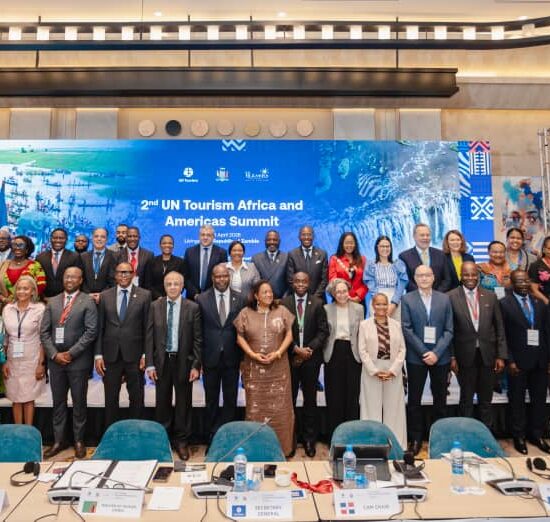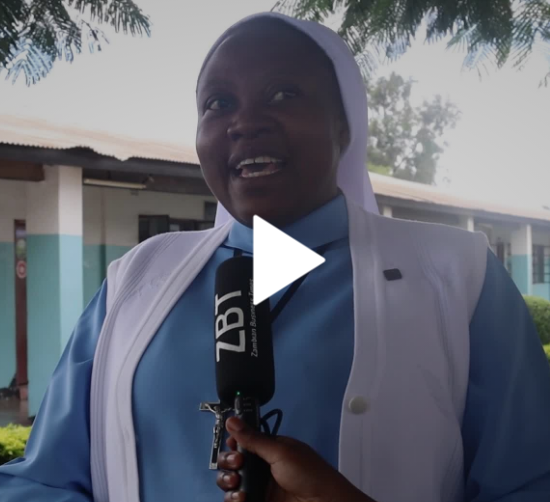
The new dawn UPND government risks spending a minimum of US$252 million ( US$21m by 12 months) if the Energy Regulation Board – ERB Board of directors is not timely appointed [following the dissolution of the erstwhile board] and does not immediately increase the fuel pump prices across the country.
Surging global crude oil prices threaten to spike another wave of food price increases in Zambia and across the world as energy prices are are key determinant of the cost of landing agro produce to various markets as well as influence the general cost of living through increased transport costs.
The continued increase in global crude oil prices has forced Zambia’s finance minister Situmbeko Musokotwane to disclose that the government is spending about US$21 million per month on fuel subsidies alone, an unsustainable undertaking that threatens to continue with a long culture of pumping money towards areas not budgeted for thereby threatening the entire budget credibility .
The new dawn government is facing up to the realities of running a African economy like Zambia as this figure alone ($250 million) on fuel subsidies, does not even take into consideration the further global fuel price hikes projected for 2022. The subsidies, if not checked would grow to even half a billion dollars going by the further projected further crude price increases.
And the impending fuel price hike threatens to reverse the inflation gains that Zambia has posted in the last few months. With the annual rate of inflation having reduced to 21.1 per cent in October from 22.1 per cent recorded in September, mainly driven by easing food and non-food inflation, the fuel price hike are expected to wipe off these gains.
Last month, Zambia’s annual rate of inflation for the month of October, Zambia Statistics Agency (ZSA) Interim Statistician General Mulenga Musepa disclosed that inflation this month significantly dropped to 21.1 per cent, the lowest since December, last year, largely driven by easing food and non-food prices across a variety of items.
“The annual inflation rate for October, 2021, decreased to 21.1 per cent from 22.1 per cent recorded in September, 2021. This means that on average, prices of goods and services increased by 21.1 per cent between October, 2020, and October, 2021. The decrease in the annual rate of inflation was mainly attributed to price movements in both food and non-food items,” Musepa told journalists via video conference in Lusaka.
This month’s annual food inflation rate for October, 2021, dropped to 28.1 per cent compared to 29.6 per cent recorded in September, 2021, a decrease of 1.5 percentage points, driven by declining prices of food items such as cereals
“…This was mainly attributed to price movements of food items such as cereals such as (Breakfast and Roller Mealie Meal; Mealie Meal and grain; imported rice; eggs; cooking oil and meats…” explained Musepa.
The country’s non-food inflation on the other hand marginally reduced to 13.2 per cent from 13.6 per cent recorded last month.
Of the total 21.1 per cent annual inflation rate recorded this month, the food and non-alcoholic beverages group accounted for 14.9 percentage points, while non-food items accounted for 6.2 percentage points, with housing, water and electricity having contributed the highest at 2.2 percentage points.
ZSA data shows that Zambia’s annual rate of inflation of 21.1 per cent recorded this month is the country lowest since December, last year, when inflation was at 19.2 per cent.
While the national average mealie meal prices have broadly remained static this year, prices of cooking oil and eggs have noticeably dropped over the period under review.
A three litre bottle of cooking oil has steadily declined to K114.05 this month compared to a peak of K124.57 for the same quantity recorded in June, this year, while a tray of eggs skyrocketed to a national of average of K66.66 in August, now down to around K58.04, the lowest since May, this year.
However, all the above gains are now threatened by the global fuel price hikes which ERB has so far resisted to update resulting in the government picking up the tab and resorting to the historically political but inefficient way – subsidies.
Analysts have challenged successive governments in Zambia including the new dawn government to take a long term view on fuel supply and economics by diversifying supply to include the alternative of sourcing from neighboring Angola which can massively cut transport costs as well as the use of bio-fuels as a substitute that can be grown locally using Zambia’s massive arable land and water resources.







